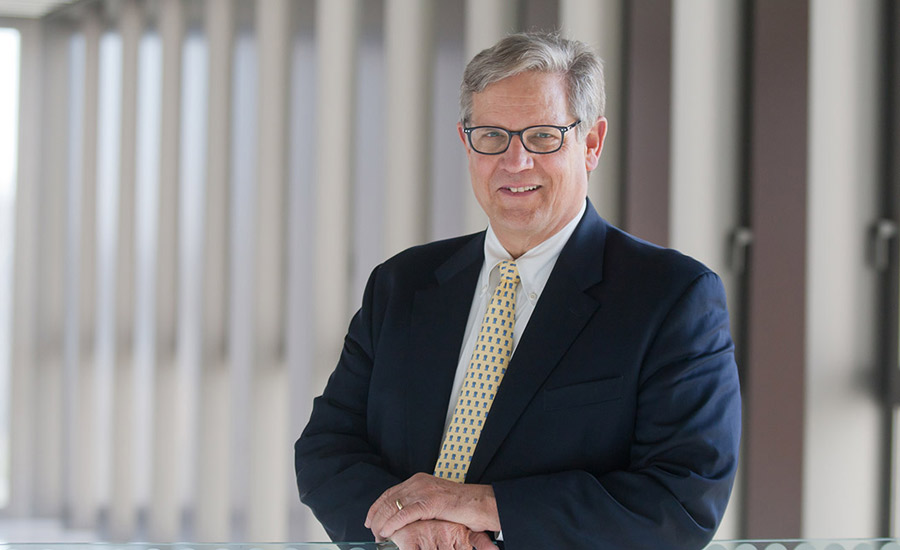
What’s the secret to economic freedom? And why has the U.S. dropped out of the top ten countries of the Heritage Foundation’s Economic Freedom Index?
James Roberts, research fellow for economic freedom and growth at The Heritage Foundation shared the inside track of the 22nd edition of the Economic Freedom Index at IESE’s Madrid campus.
The index measures economic freedom across four broad categories: rule of law, limited government, regulatory efficiency and open markets. Asia-Pacific countries Hong Kong took first place, followed by Singapore, New Zealand, Switzerland and Australia.
“Hong Kong is still the world’s freest economy,” asserts Roberts.
Despite dropping one point in its Economic Freedom Score its open markets and regulatory efficiency keep it at the top of the chart. “Property rights are highly protected which promotes dynamic commercial and entrepreneurial growth.”
But the outcome and effects of current debates over how much control the government should have over the economy remains to be seen.
While Hong Kong maintains its reputation as a world leader in business and finance, Singapore takes second place. Secured property rights, welcoming conditions for entrepreneurs and regulatory transparency have staved off the effects of slowing economic growth.
“There is a strong anti-corruption culture which is apparent in the judiciary system and fosters trust and confidence,” says Roberts. But he suggest keeping a watch on areas with heavy state ownership.
New Zealand scores high in rule of law, open markets and regulatory efficiency. For Roberts, part of its success is down to strong property rights, solid independent judiciary anti-corruption measures and long-term commitment to open market policies.
“Taking the weight off the state and controlling government spending has been on the agenda for quite some time and continues to be so in New Zealand.”
Robert then turned his attention to lower down the ranking to illustrate the benefits of a free market. And trust.
Keys to Botswana’s Success
“Botswana ranked 30th this year – making it mostly free. But European countries like Belgium (44th), France (75th) and Spain (43rd) are only moderately free and ranked much lower,” explains Robert.
“Attracting outside investment with lower taxes, political stability and the lowest rate of corruption in Africa is key,” says Roberts. Added to an educated workforce and protected property rights, Botswana is one of the fastest growing countries in Sub-Saharan Africa.
Meanwhile, the U.S. remains out of the top ten, settling at number 11. “The U.S. used to be the reference of economic freedom but all that’s changed since 2010,” says Roberts.
“Increased government spending on healthcare and environmental laws have contributed to stagnant growth which has hindered recovery,” he warns. And following on behind the U.S. we find Denmark in 12th place.
The Secret to Economic Freedom? Trust and Transparency
“What’s the secret to Denmark’s success and economic freedom?” asks Roberts. “It’s one of the least corrupt countries in the world. People trust their government with their money.” Together with the country’s highly efficient – and transparent – judiciary system and open market policies have fostered a healthy flow of trade and investment.
And when it comes to Spain, Roberts finds that a decade of stagnated economic freedom is slowly giving way to growth. “The government has to be more efficient in its spending. Spain needs to work towards market unity and lower taxes,” advises Roberts. “Corruption has also caused a lot of instability and uncertainty. People need to be able to trust their government.”
Roberts also highlighted the correlation between economic freedom and prosperity, poverty reduction, creation of sustainable jobs and improvements in education.